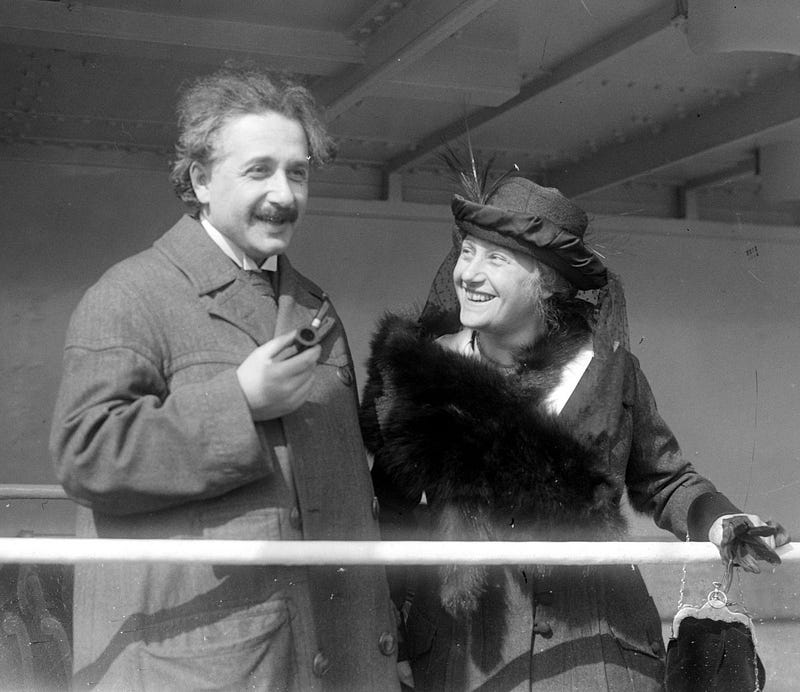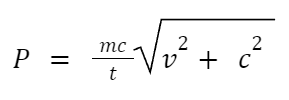Exploring the God Power Equation and Its Implications
Written on
Chapter 1: Introduction to the God Power Equation
The God Power Equation, a concept I’ve developed, aims to explore the notion of an incorporeal God. This equation connects several fundamental physical variables, which can shed light on the discussion surrounding divine power.

The equation is defined as follows:
P = (0 * c/t) * sqrt(v² + c²)
Here, P stands for power, p represents momentum, m denotes mass, c is the speed of light, v is velocity, and t stands for time. By solving a series of physics equations, we arrive at this formulation.
Section 1.1: The Foundations of the Equation
To derive the God Power Equation, we must first examine three essential equations in physics:

- Einstein's equation.
- The definition of power as energy per unit time.
- Momentum defined as mass times velocity.
While I previously utilized E = mc² in my analysis, it faced criticism for being limited in scope. However, Einstein's more comprehensive equation, which incorporates momentum, allows us to fully address the concept of power.
Subsection 1.1.1: Engaging with AI on the God Power Equation
Through my inquiries with ChatGPT, I found it had advanced significantly in computational reasoning. Our conversation centered on the implications of the God Power Equation, leading to a crucial conclusion:
P = 0
This indicates that if a God has zero mass, His power would also be zero, regardless of velocity. This finding, however, raises significant philosophical inquiries beyond the realm of science.
Section 1.2: The Intersection of Science and Theology
While the existence and attributes of God typically fall under theological debate, this equation allows for a scientific perspective. ChatGPT acknowledged that a God with zero mass could not possess infinite power, reinforcing the argument that such a deity does not exist.
Chapter 2: Implications of the God Power Equation
In the video titled "Space, Time, and How New Scientific Discoveries Prove the Presence of God," the discussion delves into how modern science intersects with theological claims, adding depth to the ongoing debate about divine existence.
Additionally, Dr. Hugh Ross addresses whether science affirms God's glory in his talk, "Does Science Prove God's Glory?" This video offers insights into how scientific discoveries can influence religious beliefs.
In conclusion, the God Power Equation serves as a pivotal concept that challenges traditional views on the divine. By demonstrating that zero mass correlates with zero power, we confront the belief in an incorporeal God. Historically, figures like Yahweh evolved from tangible beings to abstract entities to evade scrutiny, but now, scientific inquiry offers clarity on these notions.